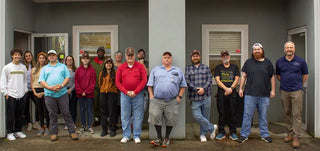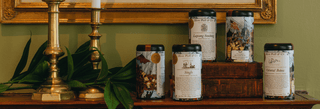OUR MISSION
Honor the rich history of tea.
At Oliver Pluff & Co., we preserve the tradition of time-honored teas and early American coffee blends. The stories of tea and coffee are woven into the fabric of American history—from colonial protests to frontier hearths. Our mission is to bring those stories to life through the blends we offer, the origins we trace, and the craftsmanship we uphold.
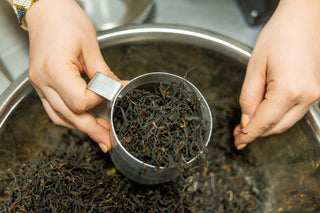
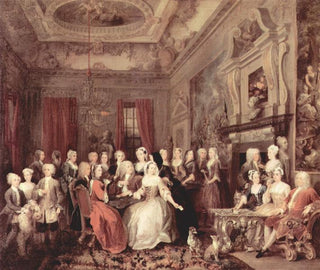
OUR PROMISE
Sip a Cup of History
A cup of Oliver Pluff tea or coffee is a toast to superior quality of ingredients and a tribute to the American story. We would love to share a cup of history with you!
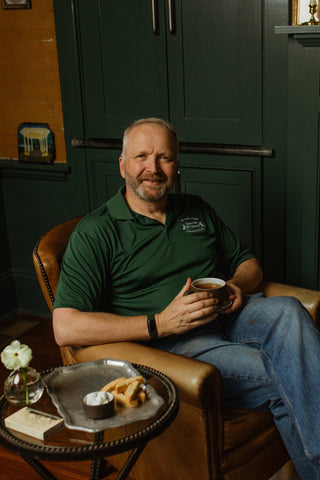
Owner and Tea Blender
Darren Hartford
Darren was born and raised in Smithfield, Maine. He spent over 28 years in the Air Force where he had the opportunity to travel the world and experience many different tea and coffee cultures. He and his family settled in Charleston and he is enjoying sharing the story of Early American Beverages!
Our Team
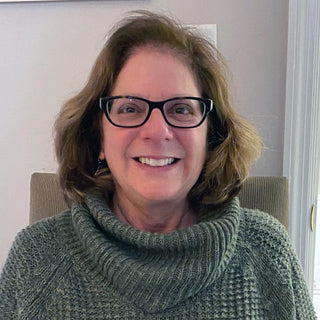
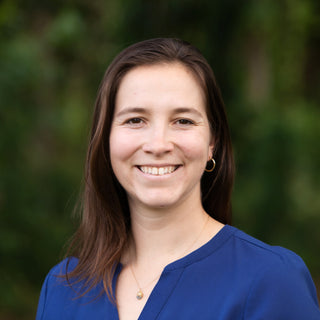
Warehouse Production Manager
Celia Baker
darren@oliverpluff.com

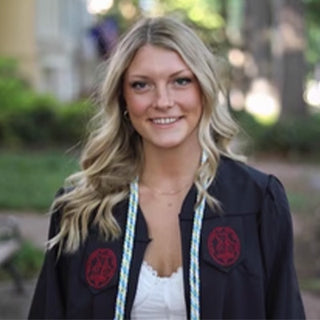

Assistant Warehouse Manager
Victoria Velez
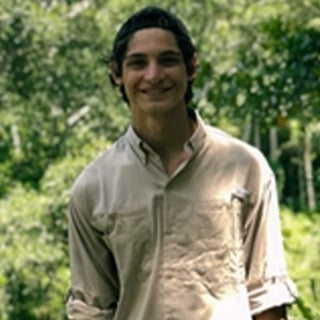
Graphic Designer
Brandon Frye
